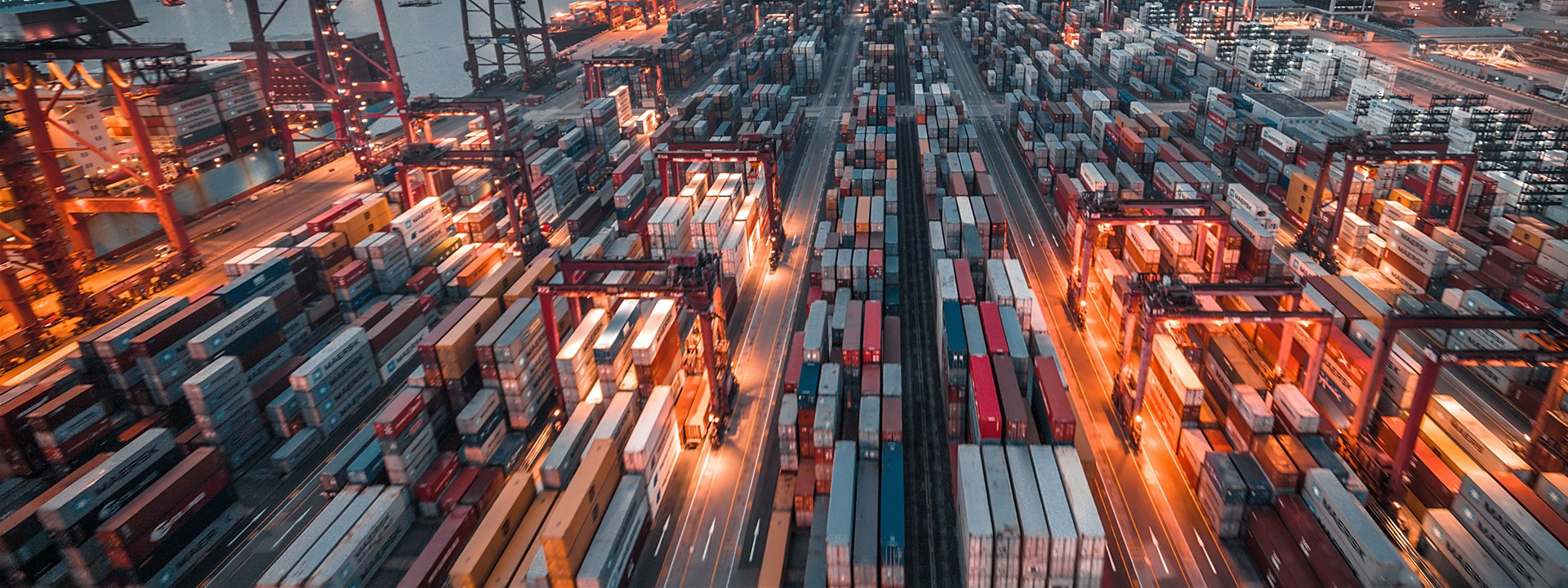Local authorities in Qingdao and Shanghai ports have recently announced tighter control on ships with mechanical and electrical failures, resulting in some ships being detained consecutively due to PSC inspection
Qingdao port
Local authorities issued a notice to ships via local agents informing ships to focus more on safety management, particularly on main engine, steering engine and boiler etc., which need to be properly tested and checked before entering or leaving the port, to avoid delay to ships’ schedule due to PSC inspection resulting from mechanical and electrical failures. A “Self-checklist for Ships Intending to Enter Qingdao Port” is attached to the notice suggesting 9 items (falling into three categories: M/E & A/E, Main and Emergency Power and Steering Gear) are to be checked in advance.
It is noted that Qingdao MSA plans to establish a “list” of ships which are continuously found with mechanical and electrical failure or main engine failure. Enhanced supervision may apply to ships owners or managers on the “list”. Meanwhile, they will also strengthen on-site supervision and inspection to ships’ mechanical and electrical equipment in the future.
Shanghai port
Ships will be detained by PSCOs if found with mechanical and electrical failures or main engine malfunction, and will not be permitted to depart until rectification is made.
Wusong MSA also issued a similar notice announcing enhanced safety inspection to ships entering Shanghai section of Yangtze River. Ships are required to test main engine, steering system and emergency equipment etc. to ensure they are in good working condition. Starting from 1 April, 2023, the following procedures need to be followed:
- Ships with mechanical and electrical failures or accident records within one year in Shanghai port are requested to conduct testing and inspection of critical equipment such as main engine, steering system and emergency equipment, strictly in accordance with the requirement, 4 hours in advance before entering Yangtze River Shanghai section on each voyage.
- Documentation of self-testing and inspection such as forms, logs, pictures or video records (pictures and videos must be with marks of date & time) should be well kept, and failure in providing such supporting evidence during Wusong VTS’ random check may lead to delay in entering into the port.
- A “Self-checklist for Ships Intending to Enter the Yangtze River Shanghai Section” is also attached to the notice, listing 10 items ( almost identical with Qingdao port’s list) to be checked in advance.
Besides, as advised in our Circular 2303, new regulations on prevention and control of ship pollution in Shanghai and ports on Yangtze River came into force on 1 March, 2023, which leads to strengthened supervision on ships’ discharge of domestic sewage, domestic waste and oily sewage, etc.
Other ports
At this moment, there hasn’t been any particular requirement for ships to carry out self-testing and inspection to mechanical and electrical equipment or main engine etc. before arrival. However, ships may be delayed in some ports due to resumption of on-site PSC inspection this year, which has been replaced by remote inspection during the pandemic.
Generally, in case of distress or hindrance to maritime traffic safety due to mechanical and electrical failures, ships may be detained by local authorities for further inspection.
Credit: Oasis P&I Services Company Limited
Checklists
Self-checklist for Ships Intending to Enter Qingdao Port
Self-checklist for Ships Intending to Enter the Yangtz River in Shanghai Section

